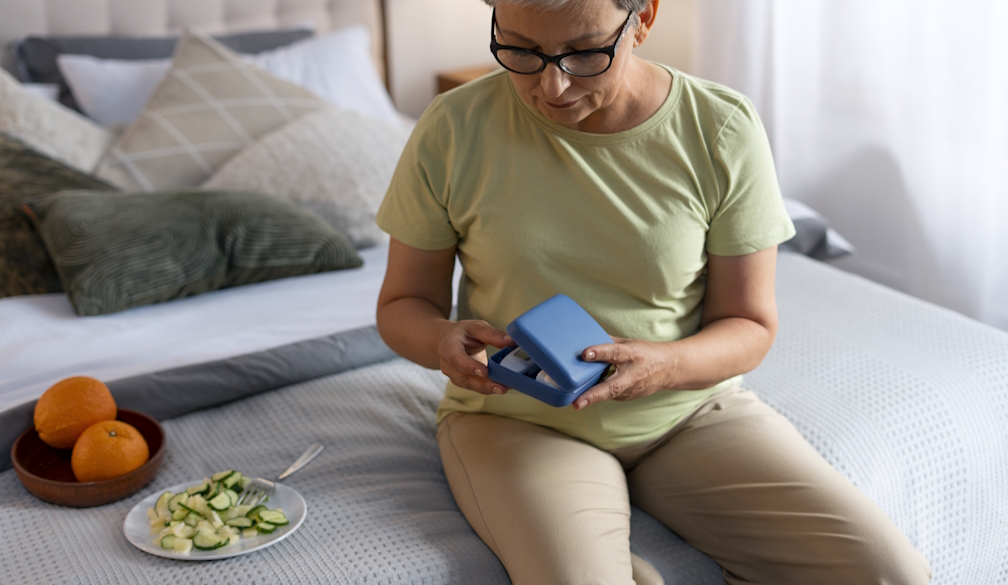Top 5 Most Common Reasons Why Your Wounds Aren't Healing Properly

If you're dealing with a wound that just won't seem to heal, you're not alone. Chronic wounds affect millions of people worldwide, and they can be frustrating, painful, and even dangerous if left untreated. In this article, we'll explore the top 5 most common reasons why your wounds might not be healing properly and what you can do about it.
Infection: The Silent Healing Saboteur
One of the most common reasons for delayed wound healing is infection. When bacteria or other microorganisms invade the wound site, they can cause inflammation, pain, and slow down the healing process. Signs of infection include increased redness, swelling, warmth, and discharge from the wound. If you suspect your wound is infected, seek medical attention promptly.
Poor Blood Circulation: When Your Body Can't Deliver
Adequate blood flow is essential for wound healing, as it delivers oxygen and nutrients to the damaged tissue. However, certain conditions like diabetes, peripheral artery disease, and venous insufficiency can impair circulation, making it harder for your body to heal wounds. If you have a chronic condition that affects your blood flow, it's crucial to manage it properly and consider specialized treatments like diabetic wound treatment near me.
Nutritional Deficiencies: Fueling Your Healing
Your body needs a balanced diet rich in vitamins, minerals, and protein to support wound healing. Deficiencies in nutrients like vitamin C, zinc, and protein can slow down the healing process and make your wounds more susceptible to infection. Make sure you're eating a varied, nutrient-dense diet and consider supplements if necessary, under the guidance of a healthcare professional.
Chronic Diseases: The Underlying Culprits
Chronic diseases like diabetes, autoimmune disorders, and cardiovascular disease can significantly impact wound healing. These conditions can impair your body's ability to fight infection, deliver nutrients to the wound site, and produce the necessary components for tissue repair. If you have a chronic disease, it's essential to work closely with your healthcare team to manage it effectively and prevent complications.
Medications: The Double-Edged Sword
Certain medications, such as corticosteroids, chemotherapy drugs, and blood thinners, can interfere with wound healing. These medications may suppress your immune system, impair collagen production, or increase your risk of bleeding, all of which can delay healing. If you're taking any medications and have concerns about their impact on wound healing, discuss them with your healthcare provider.
The Road to Recovery: Taking Action
If you're struggling with a wound that won't heal, don't lose hope. By identifying the underlying cause and taking proactive steps, you can support your body's natural healing process. This may involve managing chronic diseases, improving your nutrition, protecting your wound from further damage, and seeking specialized treatments like diabetic wound treatment near me.
Remember, everyone's healing journey is unique, and it's essential to work closely with your healthcare team to develop a personalized treatment plan. With the right care and attention, even the most stubborn wounds can heal, allowing you to reclaim your quality of life and get back to the activities you love.









